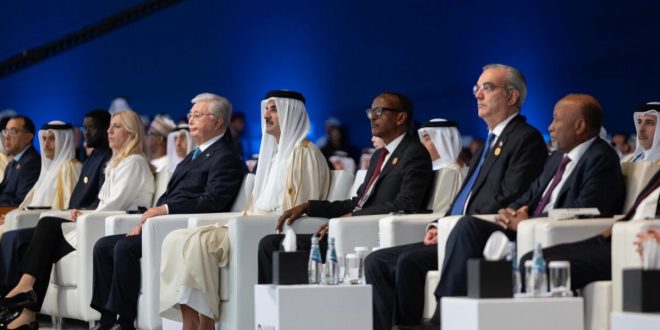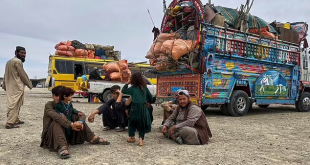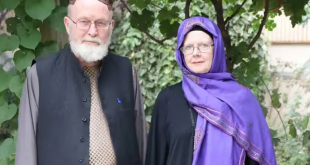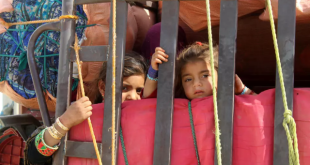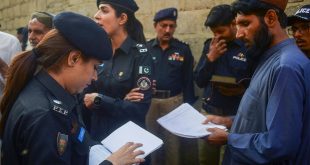KABUL – The 22nd Doha Forum commenced on Saturday in Doha, Qatar, bringing together senior officials, policymakers, and experts from around the world to tackle pressing global issues.
In his inaugural address, Sheikh Tamim bin Hamad Al Thani, the Emir of Qatar, emphasized the importance of multilateral dialogue in addressing complex international challenges. He highlighted the forum’s role as a critical platform for fostering solutions to some of the world’s most urgent problems.
A key session titled “A Future Rewritten: How the Taliban’s Vice and Virtue Law Could Reshape Afghanistan” explored the Taliban’s restrictive policies on women’s rights and their broader implications for Afghanistan’s future. Three years after the Taliban’s return to power, the “Preventing Vice and Promoting Virtue” law has institutionalized severe restrictions on women’s education, freedoms, and civil liberties, sparking global concern.
Prominent voices in the session included Rina Amiri, U.S. Special Envoy for Afghan Women, Girls, and Human Rights; Georgette Gagnon, Deputy Special Representative of the Secretary-General at UNAMA; Mohammad Qasim Halimi, former Afghan Minister of Hajj and Religious Affairs; Shinkai Karokhail, a leading women’s rights advocate and former Afghan parliamentarian; Adela Raz, former Afghan ambassador to the U.S. and the U.N.; and Lyse Doucet, Chief International Correspondent for BBC News.
The discussion underscored the international community’s limited leverage over the Taliban’s internal policies, while highlighting the devastating impact of the restrictions on Afghanistan’s prospects for aid, economic development, and international relations.
The Doha Forum, which has established itself as a global stage for addressing diplomacy, development, and human rights, will continue throughout the weekend with sessions tackling a range of critical issues.
 Afghanistan Times
Afghanistan Times
